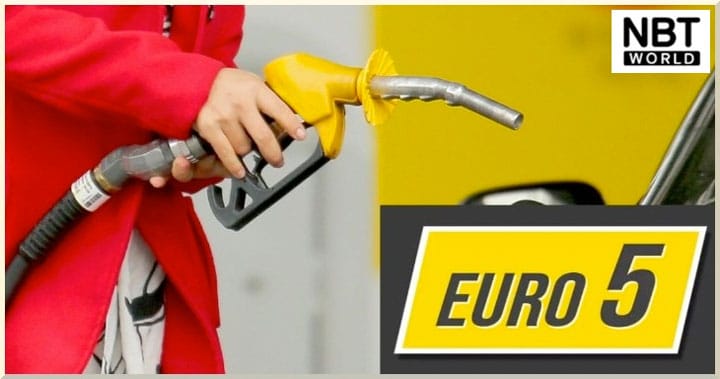From January 1 next year, Thailand will start importing Euro 5 quality diesel, with details of the new price structure still being worked out. This initiative, announced by Thailand's Department of Energy Affairs (DOEB), will introduce more environmentally friendly diesel options, including the B7 and B20 biodiesel blends. These blends, which will be available at gas stations from May 1, consist of regular diesel mixed with 7% and 20% methyl ester derived from palm oil, respectively.
The transition to Euro 5 diesel entails an expected price increase of 0,5 baht per liter. As a result, the Energy Policy and Planning Office is developing a new pricing structure. The current government subsidy, which keeps diesel fuel below 30 baht per liter, will expire at the end of December.
Nanthika Thangsupanich, director general of DOEB, reported that oil refiners and traders are ready to produce and sell Euro 5 diesel. Six refineries have already invested 50 billion baht in upgrading from Euro 4 to Euro 5 diesel.
Nanthika also emphasized that petrol stations will continue to sell the current Euro 4 diesel for another 3 to 4 months before switching completely to Euro 5. Diesel consumption in Thailand has decreased by 5% in the first ten months of this year, with an average of 68,5 .XNUMX million liters per day, partly due to reduced use for power generation.
Total fuel consumption in Thailand increased by 1,3% this year, with significant increases in the use of petrol, gasohol, jet fuel and liquefied petroleum gas (LPG). However, demand for fuel oil fell, and compressed natural gas consumption remained virtually unchanged, supported by a government subsidy scheme.



Good step of course, but also take those many poorly adjusted diesels, blowing out clouds of black soot, off the road. There is much more environmental benefit to be achieved there.
The production from palm oil, palm trees! Now I have seen some articles and advertisements in which palm oil was discriminated against. Products went and go without palm oil.
That, because entire natural forests are/were cut down for this purpose and thus end(ed) the lives of many animal species. Palm trees also like a nice drink of water and have an impact on the habitat.
So does Thailand now want to use the existing (less selling?) palm oil for biodiesel?
Or is there an incentive to create more new palm forests? So that is not very sustainable, very destructive in terms of biodiversity and general destruction.
It would have been more “sustainable” if the recent gigantic illegal mountain of pork had been used for this purpose, instead of being buried.
Although, palm oil was negative, I was allowed to work on a new installation that would make bio propane from palm oil! Ok, I thought, probably. It turns out that nothing is what you are presented with.
50 billion baht in investments, so Thailand is embarking on a course to make products from palm oil. So not sustainable then. And refineries? Durable? Nope, just money!
This must have been evident and Thailand is now also following suit.
I read that biodiesel is more acidic, so your car will deteriorate over time.
Leaking gaskets, dissolving fuel lines, injection nozzles and whatnot.
That's why bio diesel is now used in small quantities?
Although I remember a time when a lot of sunflower oil was sold to add to diesel.
Which was corrected by making the product more expensive.
I was once looking (a long time ago) for a motorcycle that would run on all kinds of fuels. Very efficient in fuel and powerful. Knew the engine was there, once seen it on TV.
Then I read that the patent was in the name of a Belgian, but that nothing else was done with it and no one was interested in doing anything with it.
Now it appears that this also happens with the INNengine engine. A 500 cc engine with the same performance as a 2 liter engine, 38 kg, 70% lighter but! Then I wonder, what are we doing?
I have an idea about that, but I won't go into it further.